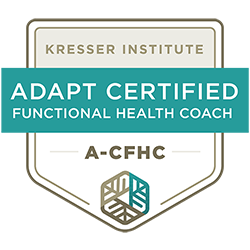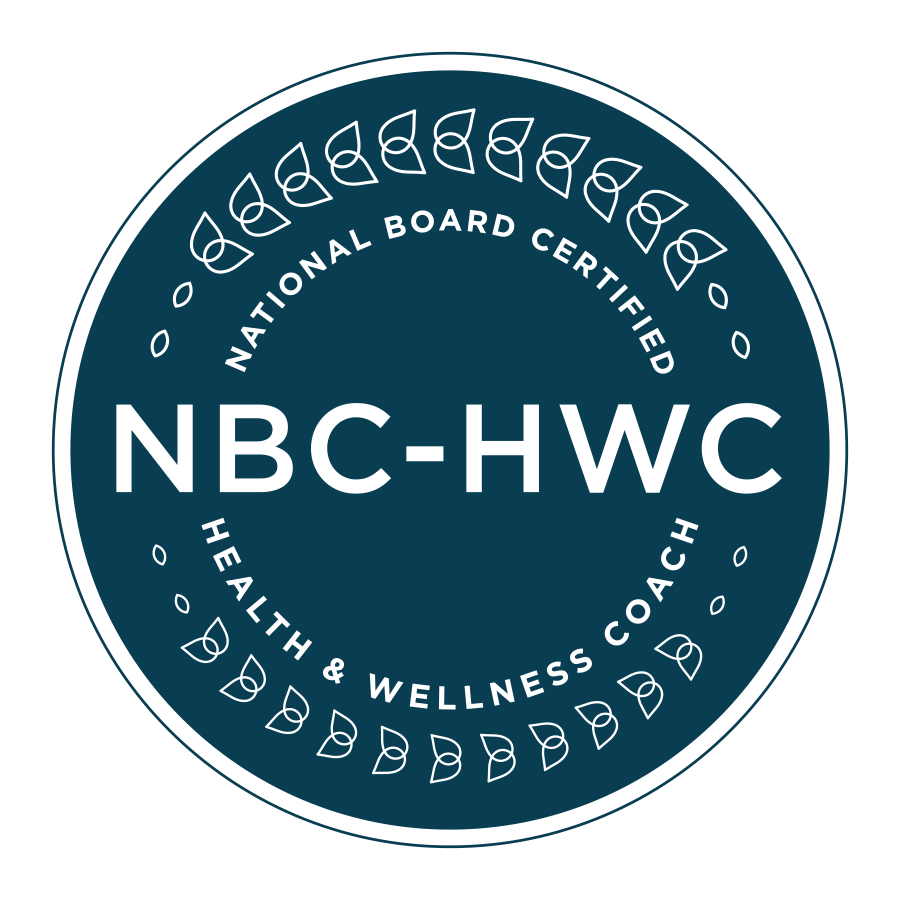
You probably know Indiana Jones – the professor archaeologist created by George Lucas who fights evil forces that steal historical artefacts to give them power and worldwide domination.
But there’s another, real-life Indiana Jones who uncovers hidden treasures about ourselves and the people and world around us. He’s known as the “Indiana Jones of Positive Psychology” because his research has taken him to far-flung places like Greenland, India, Kenya, and Israel.
I first met Dr Robert Biswas-Diener when I was training to become a coach. He was leading the coach training faculty. I haven’t hung out at a fancy dress party with Robert (yet), so I couldn’t say if he would be a convincing film-version, donning a bullwhip, fedora, satchel and leather jacket.
At the end of this article, I’ll share some of my practical “how-to” resources – inspired by Robert – that you can use as a leader or a colleague, as well as some of Robert’s articles and books you might enjoy.
But first, I want to tell you the three things that make Robert stand out so you can decide if he’s someone you want to learn from, too.
Now, I could start by telling you that he’s a leading authority on happiness, strengths, culture and courage. Or that his books will challenge any conventional thinking you might have (yes, your dark side has an upside, too). Or that he’s pioneered bringing positive psychology and coaching together – AKA Positive Psychology Coaching. But a search engine could spit that out for you.
You see, what is different about Robert was so subtle at first, that I only caught it when I noticed my fellow students in class listening to Robert or watching him do a coaching demo: everyone’s heads were nodding and their faces smiling with a “yes, I can do this, too”.
Here are those three standout things.
1. He’s a magician
The first time Robert introduced me to strengths, he gave a demonstration. He asked someone in our coach training group to tell him about what they were looking forward to in the next couple of weeks. The student mentioned her upcoming holiday, the cultural sights that she had planned to take her and her partner to visit, and how much enjoyment it brought her to plan their trip.
“Commitment”, Robert said after she finished explaining her plans.
He was naming the strength he had spotted.
Like my fellow students, I was scratching my head wondering how he had plucked the commitment rabbit out of a holiday hat. After all, wasn’t it her planning that came naturally to her?
He explained she was going to all the trouble to plan the trip for herself and her partner, she was energised and excited by the places they could visit together. And because she was doing it for her partner, too, that signalled her commitment.
This “party trick” that Robert uses when he’s teaching or running a corporate away day looks like magic, but what’s really behind it is a deep knowledge about the research into strengths, much of this field of research having been developed by him.
But unlike most magicians, he went on to show us the secrets to spotting strengths in other people as well, even as novice coaches not knowing as much about strengths. I’ll show you how you can do this at the end of this article.
2. He’s a “you-can” professor
I remember warming up in front of the fireplace after a windy, wintry afternoon in Cambridge. I was there with another law student, wallowing in the deep cavern of the settee in front of our law tutor. We were there for one of our bi-weekly supervisions: conversations with our law professors that regularly made me feel stupid, even if I had done all my reading.
It’s easy for people with knowledge to weaponise it and exploit those with less knowledge: to convey superiority, to “other” them, to put them down.
Robert is a professor who instils in you a “yes I can”.
After my initial coach training, I participated a couple of years ago in a course – “Advanced Practice in Positive Psychology Coaching” – jointly run by Robert and Christian van Nieuwerburgh. Christian is another leading researcher in positive psychology and coaching, and I love how he’s expanding our understanding of “ways of being” – how we show up for ourselves and – especially as coaches – for others.
Part of the curriculum was to invite the six students each week to participate in a coaching “goldfish bowl”: one of us would coach another student, while Robert, Christian and the other four students observed.
What was remarkable about the feedback was the absence of criticism.
Robert would prime the group to give feedback:
What is the coach paying attention to?
What is the strategy?
What’s the style, the presence, the pace?
Is there humour, empathy?
Feedback is often an invitation to focus on what’s wrong. Or offering sarcastic criticism masquerading as constructive feedback. (“You didn’t miss out asking him about his strengths intentionally, did you?”)
Yet, when we point out what is right, what we are doing well, it can open up our confidence and creativity to tackle what’s not. It’s a powerful tool in the workplace – and at home.
Sitting in a Zoom classroom with Robert is the opposite of wallowing in front of a fireplace. Instead, it’s like having a cold shower: after the first 30 seconds of overcoming that “am I crazy – this is way too cold” reaction, you feel like a new person, buzzing with energy and ideas about “what’s possible” afterwards.
If you want to supercharge your team members with that “what’s possible” energy, try out the “SAVE don’t praise” resource at the end.
3. He chooses what’s ethical, not what’s popular
Learning from Robert has highlighted one of his passions: ethics.
Despite his masterful storytelling, if he wrote a book about ethics, I doubt it would join his other books that are on the New York Times bestseller list!
Ethics might not be popular, but it is vitally important.
You see, there’s a big brewing problem right now in coaching. There are lots of people hanging out their shingles in this gold rush wave and calling themselves “a coach”.
Many are causing harm to their clients, without even realising it.
There are some obvious landmines of harm: coaches who – in their desire to help and serve their clients – don’t stop coaching a client when they’re outside their scope of expertise. For example, a novice or untrained coach might not spot the signs of a client who has a mental health disorder that requires intervention by a therapist or psychiatrist.
But many coaches, not just Positive Psychology Coaches, will be tinkering with your emotions, thoughts and feelings. How do you feel about that coach with two weeks of training now?
Some landmines of potential harm are much more hidden. Imagine if a coach told you to write a gratitude journal every day. They even send you a helpful template to use because you’re time-poor.
Sounds sensible, and harmless, right?
But did you know that research shows that people who are high in neediness had a lowering of self-esteem if they wrote a gratitude journal? 1
Championing ethics
Robert has been a champion for ethics in coaching, an area that many coaches, even trained ones, don’t pay enough attention to. It doesn’t really surprise me to hear him recount the conferences where he has been invited to speak about ethics.
The sessions on “Cutting edge coaching models” or “Break through your income ceiling” are packed to the rafters; ethics sessions have plenty of seats going spare.
Ethics is like that annoying cousin that you stop inviting to your Christmas lunch because they cause everyone too much bother. It seems easier not to pay attention to it.
Powerful questions
But what Robert does best – especially to encourage ethical coaching – is to ask his “90-degree questions”. Those are the questions that make us stop in our default tracks and challenge our conventional thinking. 90 degrees is that sweet spot for catalysing new thinking, nestling between the 180-degree questions that are diametrically opposed to your view and discourage curious discussion, and the zero-degree questions that are merely agreement.
- Is it ok to offer a client a coaching package when it might create a dependency between you and the client? How can you pre-decide what a client needs?
- Should coaches screen individuals before coaching them, like psychologists do (because they are paying more attention to the harm that can be done)
Robert’s thinking has influenced how I practise as a coach, including setting up regular meetings with some of my coaching colleagues to ensure ethics is at the heart of our coaching.

A coffee with Robert and a coffee with you
If I were to sit down over a coffee with Robert I’d say to him that he’s played an instrumental role in helping me see the best in everyone around me, and thinking “Yes, I can do this too”.
And if you, dear reader, and I were to have a conversation over a coffee or (more likely) a glass of wine, what might you notice about Robert’s influence on me?
Just like the best magic, you probably wouldn’t notice anything different. It would just be like any conversation.
But maybe, just maybe, I’ll see your head nodding, your face smiling and leaving with a heart filled with “yes, I can do this, too”.
For all of that, the real-life Robert (wearing a fedora and leather jacket, of course!) features in my gratitude journal

Over to you
If you want to be a “you-can” leader and apply some magic to your team – or those close to you – I’d recommend taking a look at this: SAVE don’t praise
Below are some of my other articles and resources that have also been inspired by learning from Robert.
How to reclaim the joy again in what you do as a leader. In this article, I mentioned the difference between what you need and what you want (an idea I first heard from Robert), which one to focus on to bring back the joy in what you do.
Steer clear of feedback that stifles, and instead be a catalyst for a colleague’s growth This article is all about helping you focus on what’s right, not what’s wrong.
My lessons for creating resilience beyond thinking about it

Find out more about Robert
If you want to think about yourself, and the world, differently, here’s what I recommend.
Articles
The Overlooked Tool of Presilience
Life’s most overlooked skill: Powerful Questions
Books
If you’re not a coach, the ones I’ve listed below might interest you.
Happiness: Unlocking the Mysteries of Psychological Wealth
Here’s a picture of all the books Robert has written or co-authored, including the ones geared towards positive psychology coaches.
Positive Provocation is his latest book that’s just been released. I’m waiting for delivery of my hard copy in the next couple of weeks. I’m expecting 25 of those 90-degree thought-provoking questions that will help me improve my coaching.

About this article
This article is one I’ve been working on as part of Write of Passage, the writing course I’m taking. For five weeks – and possibly more – I’m experimenting with sharing articles here that answer the questions that I’m thinking about.
They’re mostly answers – or at least my thoughts that are designed to provoke answers in you – to questions about your brain and brain health so you’re on the path to success that feels effortless.
I’m publishing these on Wednesdays.
If you don’t want to receive these articles, you can scroll to the bottom of this email and unsubscribe from them. You’ll still be able to receive Effortless Thursdays each week. Of course, if you want to unsubscribe from those to, you can do that, too, in the options that come up when you unsubscribe. Of course, I’d love you to stick around.
Cheers.
Eric






